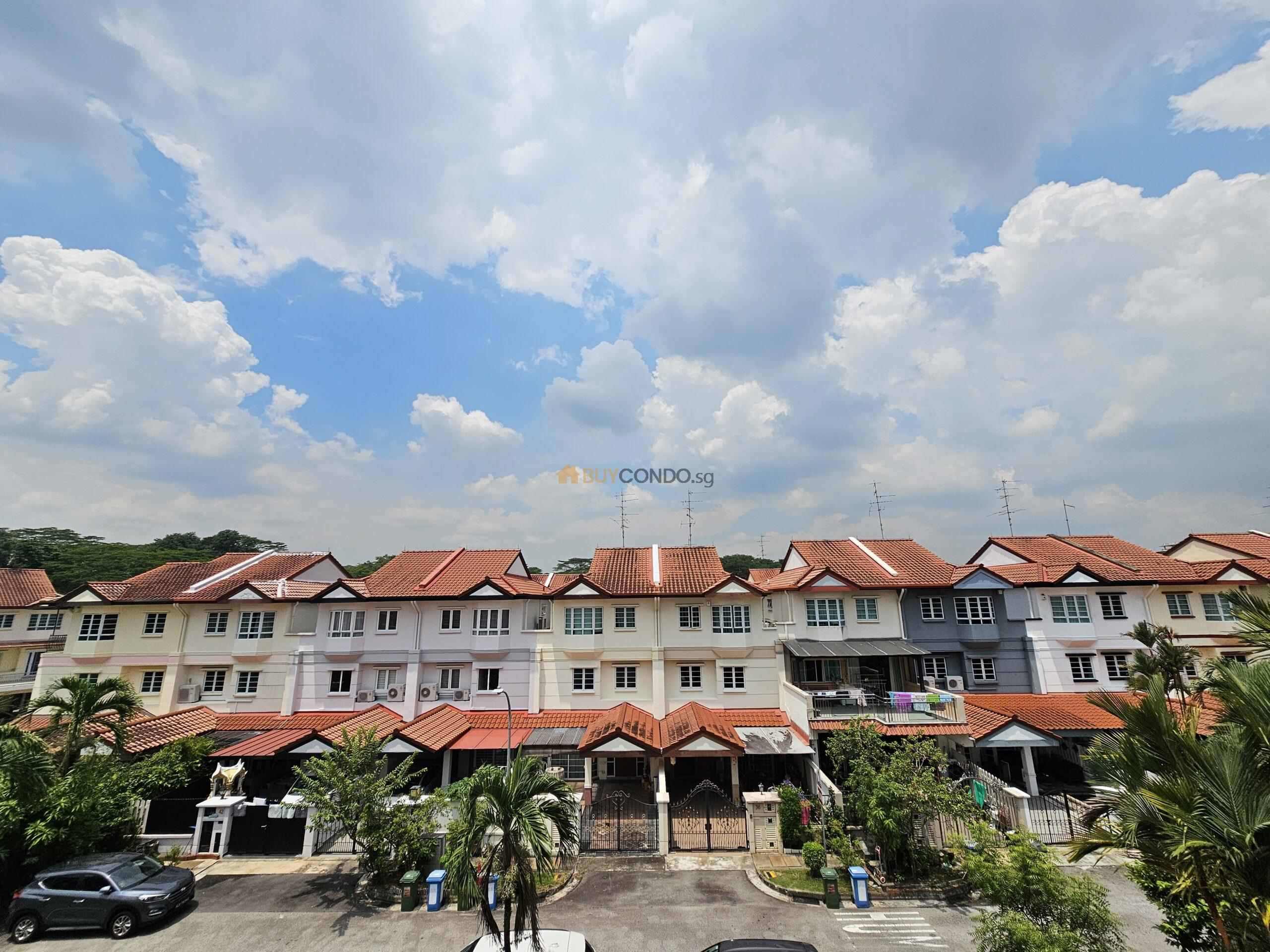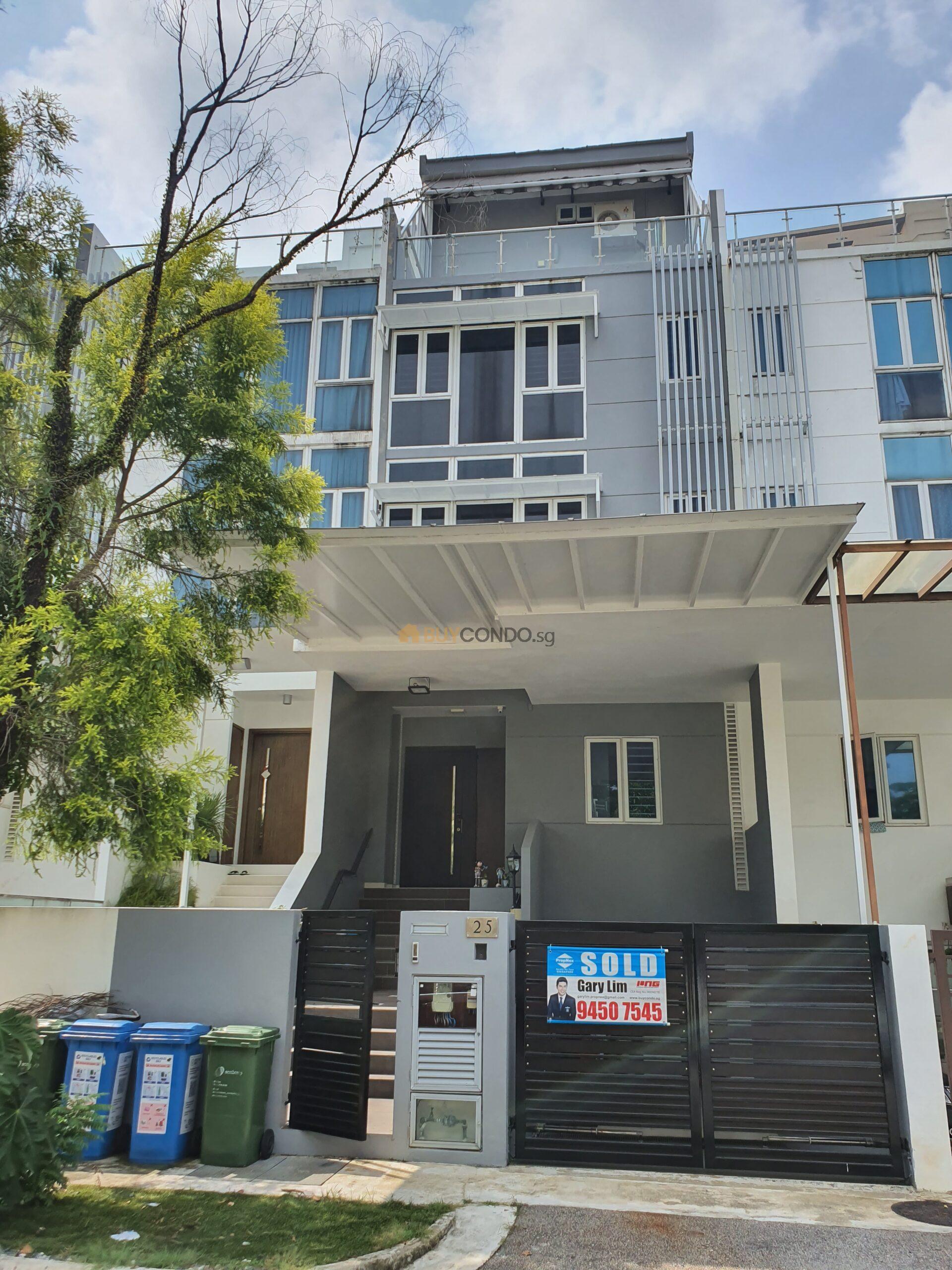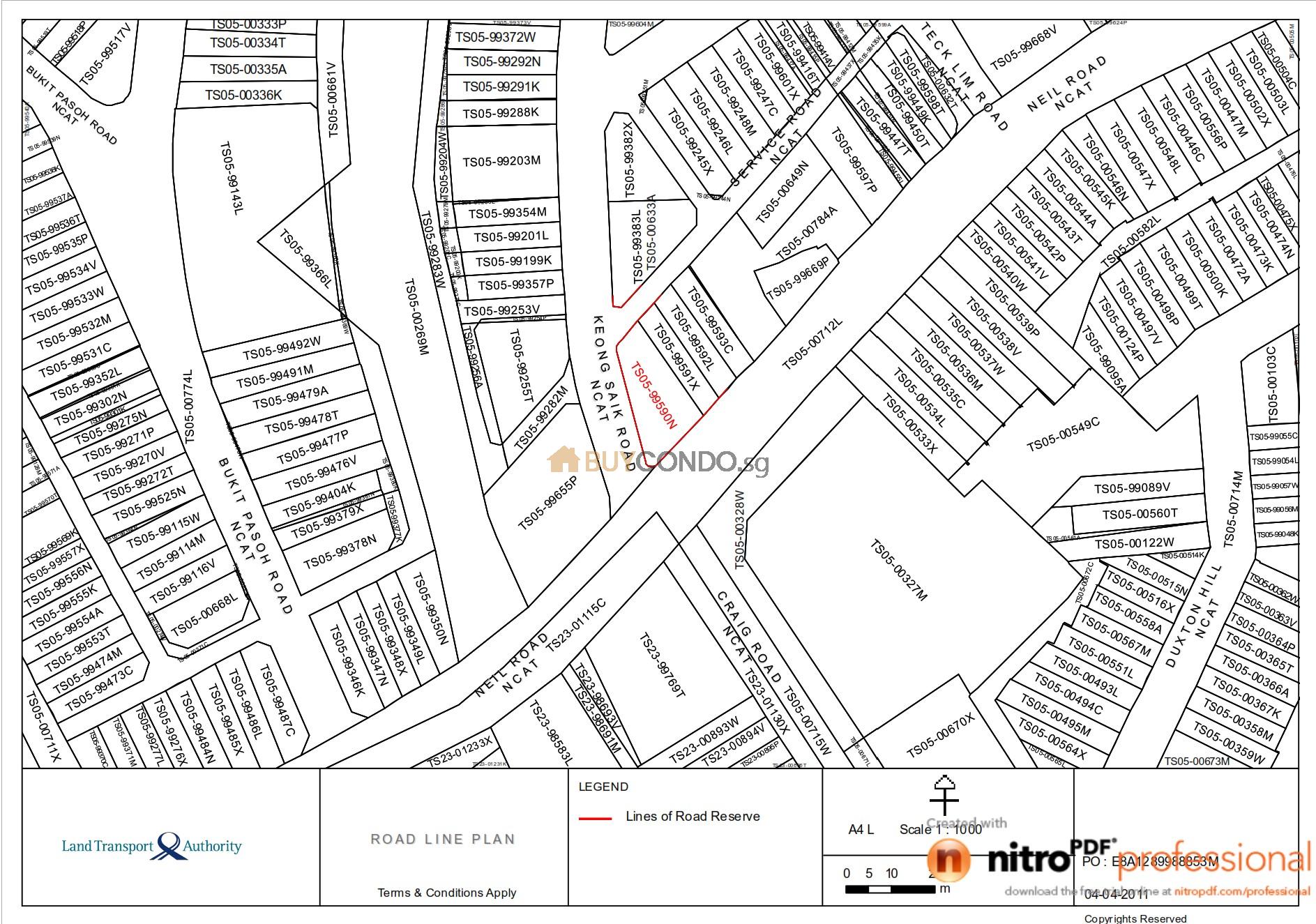Buying Process and Tips for Landed in Singapore

-
Introduction
Singapore’s real estate market is known for its dynamism and high value, with landed properties representing the pinnacle of homeownership for many. As a prospective buyer, navigating the landed property market can be both exciting and daunting. This comprehensive guide aims to demystify the process of buying landed property in Singapore, offering valuable insights and practical tips to help you make informed decisions.
Landed properties in Singapore are highly sought after due to their scarcity and potential for long-term appreciation. Unlike condominiums or HDB flats, landed properties offer more space, privacy, and the freedom to customize your living environment. However, they also come with unique considerations and challenges.
Whether you’re a first-time buyer or looking to upgrade, this guide will walk you through the essential aspects of purchasing landed property in Singapore, from understanding property types to navigating the buying process and conducting due diligence.
-
Understanding Landed Property Types in Singapore
Before diving into the buying process, it’s crucial to understand the different types of landed properties available in Singapore:

a) Terrace Houses:
- Most common and affordable type of landed property
- Shares common walls with neighboring units
- Typically three stories high with a small front and back garden
- Suitable for small to medium-sized families
b) Semi-Detached Houses:
- Shares one common wall with a neighboring unit
- Offers more privacy and space compared to terrace houses
- Usually comes with a larger land area and more flexibility for renovations
- Ideal for growing families or those who desire more space
Renovations Companies that worked before who does the Semi-Detached that we sold : http://www.waiseng.com.sg/

c) Bungalows:
- Standalone houses with no shared walls
- Offers the most privacy and most significant land area among landed properties
- Typically comes with a garden surrounding the house
- Perfect for large families or those who value exclusivity
d) Good Class Bungalows (GCBs):
- The most prestigious type of landed property in Singapore
- GCB Minimum land area of 1,400 square meters
- Located in prime districts with strict planning conditions
- Limited in number and typically the most expensive residential properties
Pros of Landed Properties:
- More space and privacy compared to apartments
- Potential for customization and renovation
- Generally, higher appreciation potential
- Sense of exclusivity and prestige
Cons of Landed Properties:
- Higher purchase price and maintenance costs
- Responsibility for exterior maintenance and landscaping
- Potential for higher property taxes
- May require more security measures

When considering which type of landed property to purchase, factor in your budget, family size, lifestyle needs, and long-term plans. Each type offers unique advantages, and your choice should align with your personal and financial goals.
- Location-specific Insights
The location of your landed property significantly impacts its value, lifestyle offerings, and potential for appreciation. Here are some popular areas for landed properties in Singapore and factors to consider:
Popular Areas: a) Bukit Timah:
- Known for its prestigious address and proximity to nature reserves
- Home to many Good Class Bungalows (GCBs)
- Excellent schools in the vicinity
- High property values and potential for appreciation
b) Serangoon Gardens:
- Family-friendly neighborhood with a strong community feel
- A mix of terrace houses, semi-detached houses, and bungalows
- Known for its food scene and proximity to amenities
- Slightly more affordable than the prime
-
Location-specific Insights
d) East Coast Area:
- Proximity to beaches and parks
- Vibrant food scene and cultural heritage
- Mix of old and new developments
- Convenient access to Changi Airport
e) Holland Village/Sixth Avenue:
- An eclectic mix of local and expatriate residents
- Trendy dining and shopping options
- Good connectivity to downtown areas
- A blend of modern and traditional architecture
Emerging Areas to Consider:
- Seletar Hills: Quiet neighborhood with potential for growth due to nearby aerospace hub
- Sembawang: Upcoming waterfront living with future development plans
- Sunset Way: Charming enclave with a village-like atmosphere
Factors to Consider When Choosing a Location:
- Accessibility:
- Proximity to MRT stations and major expressways
- Availability of bus services
- Future transport developments (e.g., upcoming MRT lines)
- Amenities:
- Distance to shopping centers, supermarkets, and hawker centers
- Nearby schools and educational institutions
- Healthcare facilities in the vicinity
- Future Development Plans:
- Check the Urban Redevelopment Authority (URA) Master Plan
- Upcoming infrastructure projects or zoning changes
- Potential impact on property values and living environment
- Environmental Considerations:
- Flood-prone areas (check PUB’s flood maps)
- Proximity to construction sites or industrial zones
- Noise levels from nearby roads or entertainment districts
- Community and Neighborhood:
- Demographics of the area
- Local community initiatives and events
- Crime rates and security measures
By carefully evaluating these factors, you can make an informed decision about the location that best suits your lifestyle needs and investment goals.
-
The Buying Process: Step-by-Step Guide
Purchasing a landed property involves several steps. Here’s a comprehensive guide to navigate the process:
Step 1: Initial Research and Budget Planning
- Determine your budget, including purchase price, stamp duties, and other fees
- Research property prices in your preferred areas
- Get an in-principle approval for a home loan to understand your financial capacity
Step 2: Engage a Property Agent
- Look for an experienced agent specializing in landed properties
- Verify the agent’s credentials with the Council for Estate Agencies (CEA)
- Discuss your requirements and budget with the agent
Step 3: Property Viewing
- Schedule viewings for properties that meet your criteria
- Pay attention to the property’s condition, layout, and potential renovation needs
- Take notes and photos (with permission) during viewings
- Ask about the property’s history, including past transactions and any known issues
Step 4: Making an Offer
- Once you’ve found a suitable property, discuss the offer price with your agent
- Consider recent transactions in the area and the property’s condition
- Your agent will present the offer to the seller or their representing agent
- Request for the floor plans from BCA and also the Road Line Plan from inlis.

What is a Road Line Plan (RLP)?
Road Line Plan shows road safeguarding information graphically using Cadastral Data from the Land Survey Division of Singapore Land Authority (SLA).What are shown on the Road Line Plan?
The main information shown on the Road Line Plan is:
a. Lines of Road Reserve
b. Land Required as Road Reserve
c. Cadastral Information
d. Road Names and Road Category
Road Line Plans do now show accesses to properties.
What are Lines of Road Reserve?
The Land Transport Authority (LTA) safeguards land for road reserve to construct new roads or improve existing roads. Lines of Road Reserve are lines showing the extent of the future safeguarded roads.
Who are affected by road reserves?
Owners of land properties being intersected by the Road Reserve Line are affected by road reserves. The properties that are intersected by road reserve lines will be affected in either of the following situations:
If the landowner has no intention to develop/redevelop* his land
The landowner need not take any immediate action if he does not develop or
redevelop his lot of land. The government will acquire the land when it
constructs or improves a road. At that time, any building protrusions into the
road reserve will have to be removed by the landowner.
If the landowner intends to develop/redevelop* his land
Any building protrusions into the road reserve will have to be removed upon
development/redevelopment of the land by the landowner. However, the
developer can include the area of the affected land area in his density/plot ratio
calculations for the proposed development.
*Development/Redevelopment includes reconstruction, new erection proposals and
major Additions & Alterations to existing buildings.
When will the construction or improvement of a road be implemented?
LTA does not disclose to members of the public when a particular road would be
constructed or improved.
You can purchase a Road Line Plan via the
Integrated Land Information Services (INLIS) website managed by the SLA, to see if the property is affected by the road reserve. The road reserve is shown in red on the Road Line Plan.
Step 5: Option to Purchase (OTP)
- If your offer is accepted, the seller will grant you an Option to Purchase
- You’ll need to pay an option fee (typically 1% of the purchase price)
- The OTP gives you an exclusive right to purchase the property within a specified timeframe (usually 14 days)
Step 6: Exercise the Option
- During the option period, conduct necessary due diligence (more on this later)
- If satisfied, exercise the option by signing the sale and purchase agreement
- Pay the exercise fee (typically 4% of the purchase price minus the option fee)
Step 7: Legal Process and Conveyancing
- Appoint a property lawyer to handle the legal aspects of the purchase
- Your lawyer will conduct title searches and verify the property’s legal status
- Prepare and review legal documents, including the sale and purchase agreement
Step 8: Financing
- Finalize your home loan with the bank
- Arrange for a property valuation, required by most banks
- Prepare for stamp duty payments and other fees
Step 9: Completion
- Pay the remaining purchase price and complete the property transfer
- This usually occurs 10-12 weeks after exercising the option
- Your lawyer will handle the transfer of ownership and registration with the Singapore Land Authority
Step 10: Key Collection
- Arrange a date with the seller or their agent to collect the keys
- Conduct a final inspection of the property before taking possession
- Ensure all agreed-upon items are in place and the property is in the expected condition
Throughout this process, maintain open communication with your agent, lawyer, and bank to ensure a smooth transaction. Be prepared for potential delays or complications, and always seek professional advice when in doubt.
- Negotiating Prices and Dealing with Property Agents
Effective negotiation can lead to significant savings when purchasing a landed property. Here are some strategies and tips:
Understanding Market Values:
- Research recent transactions in the area using URA’s transaction database
- Consider factors like property age, condition, and unique features
- Be aware of broader market trends that may affect property values
Negotiation Techniques:
- Start with a reasonable offer based on your research
- Be prepared to justify your offer with factual data
- Consider non-price factors, such as longer option periods or inclusion of furnishings
- Be willing to walk away if the price doesn’t meet your budget or value expectations
Working with Property Agents: Dos:
- Communicate your requirements and budget clearly
- Ask for detailed information about properties and the surrounding area
- Request comparative market analyses to support pricing discussions
- Seek their advice on negotiation strategies and market insights
Don’ts:
- Don’t feel pressured to make quick decisions
- Avoid sharing your maximum budget upfront
- Don’t neglect to verify the information provided by the agent
- Refrain from bypassing your agent to deal directly with sellers
Red Flags to Watch Out For:
- Agents who push for quick decisions without providing adequate information
- Reluctance to provide references or past transaction details
- Vague or evasive answers to specific questions about the property
- Pressure to use specific service providers (e.g., lawyers, loan officers)
Remember, a good agent should act as your advocate throughout the buying process. They should provide valuable market insights, facilitate negotiations, and help you navigate potential pitfalls. If you’re unsure about an agent’s performance or ethics, don’t hesitate to seek a second opinion or report concerns to the Council for Estate Agencies.













